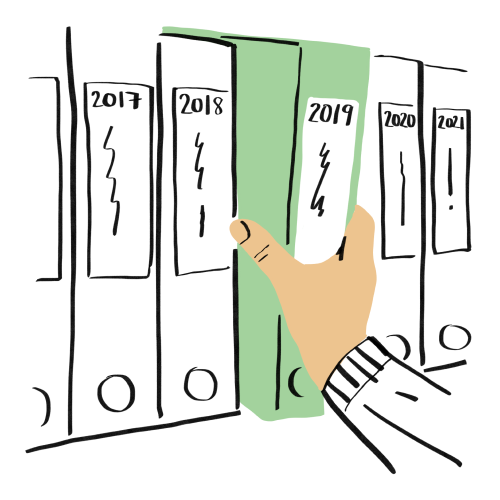
Most commonly used Hawaii lease agreements
The most commonly used Hawaii standard residential lease agreement is a fixed-term lease.
This type of rental agreement specifies a predetermined duration, typically six months or one year, during which the tenant is obligated to rent the property.

How to write a Hawaii lease agreement
Writing a Hawaii lease agreement is easier than ever with our user-friendly template.
- Fill in the necessary information for occupancy, such as:
- The names and contact information of the landlord and tenant
- Property address
- Property managers
- Lease term
- Rent due date
- Late fees
- Rental amount
- Customize additional clauses to address specific requirements or conditions.
- Ensure both the landlord and renter sign the lease agreement.
Which disclosures belong in a Hawaii lease agreement?
A Hawaii lease agreement should include certain disclosures to ensure transparency about the condition of the premises and compliance with federal law, state laws, and local residential landlord-tenant code.

Lead-based paint disclosure
If the rental property was built before 1978, the landlord must provide information about the presence of lead-based paint.

Mold disclosure
Hawaii law requires landlords to disclose any known mold issues in the rental property.

Bedbug disclosure
Landlords are obligated to disclose any known bedbug infestations within the past year.
What you need to know about Hawaii lease agreement deposits
In Hawaii, landlords can only charge a maximum of one month's rent as a security deposit.
The security deposit should also be used to cover failure to pay rent, damages beyond normal wear and tear, and cleaning costs. It must be returned within 14 days after the tenant moves out.

Frequently asked questions
In most cases, rent increases aren’t allowed during the fixed term of the lease. However, they may be able to raise the amount of rent after the lease expires or if specified in the lease agreement.
Early termination of the lease typically requires the tenant to provide written notice to the landlord. The specifics may vary depending on the circumstances, so it's advisable to review the lease agreement and consult local laws.
While it's not legally required, it's highly recommended for tenants to obtain renter's insurance. Renter's insurance provides coverage for personal belongings and liability protection in case of accidents or damage.
In Hawaii, landlords must have a valid reason to evict a tenant. Common reasons include non-payment of rent, violation of lease terms, or illegal activities on the property. The eviction process must follow specific legal procedures.
Landlord-tenant laws in Hawaii provide various rights, such as the right to habitable property conditions, privacy, and proper day notice before entry by the landlord. Familiarize yourself with these rights to ensure a fair and lawful rental experience.
Looking for other Hawaii documents?
Formswift is not a law firm and does not provide legal advice or representation. Formswift's documents are not a substitute for the advice of an attorney. Communications between you and Formswift are governed by the Formswift Privacy Policy but are not protected by the attorney-client privilege or as work product. Formswift does not provide advice, opinions, or recommendations about individual's legal rights, options, strategies, or the selection of forms. Your use of the Formswift website and forms is governed by the Formswift Terms of Service.
